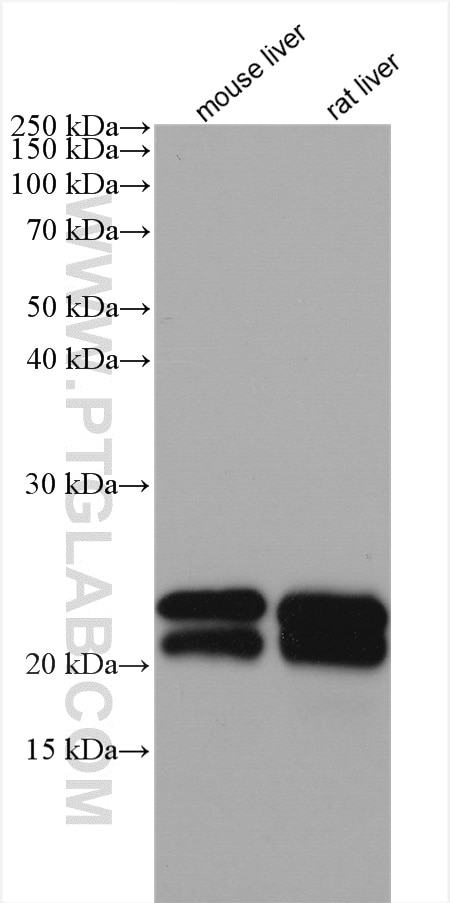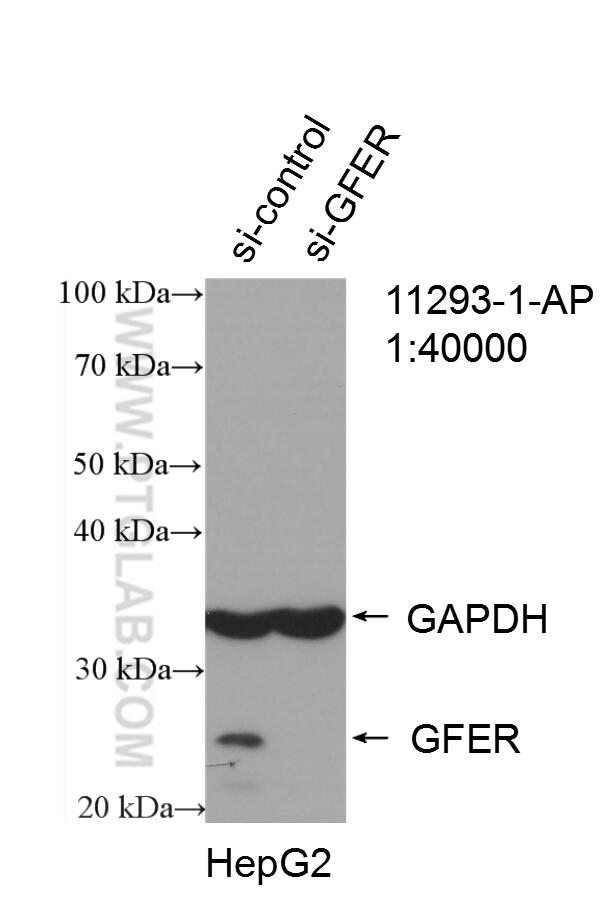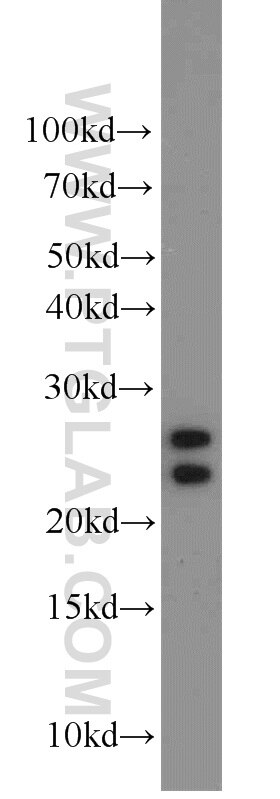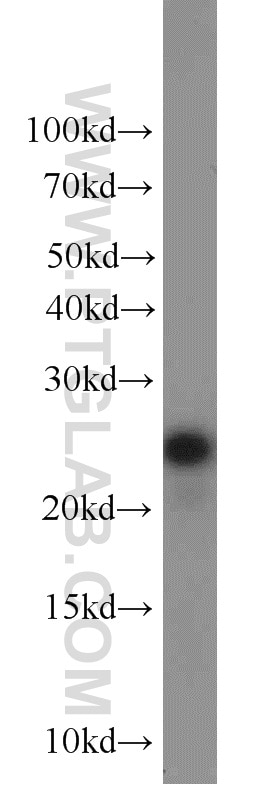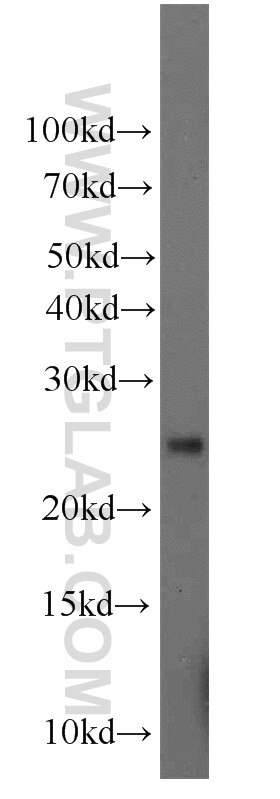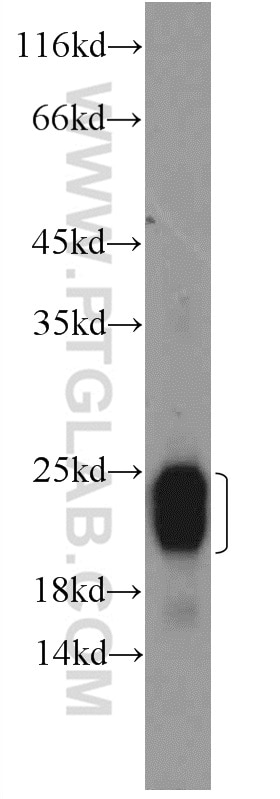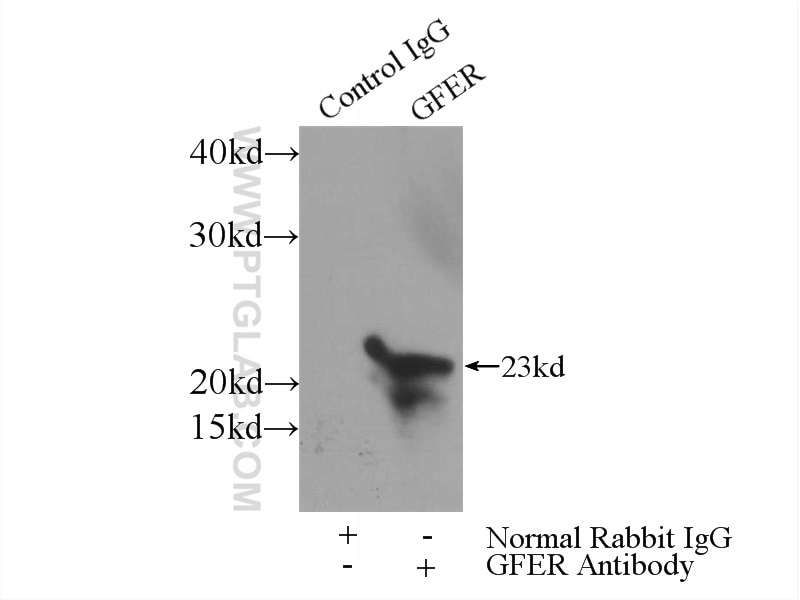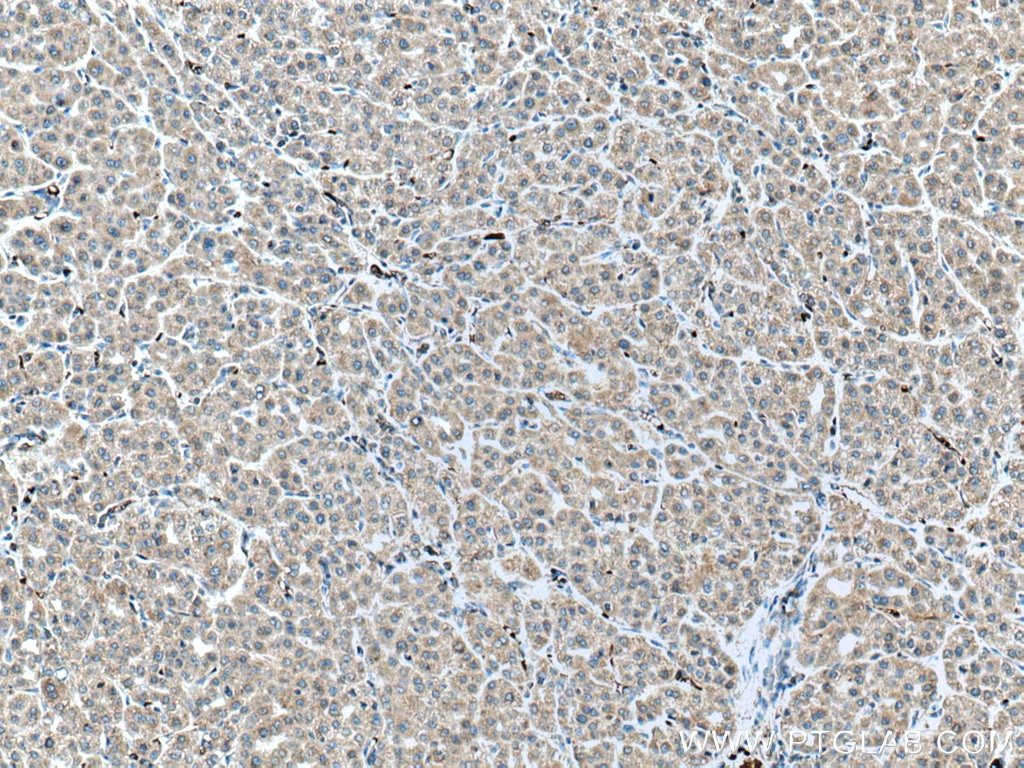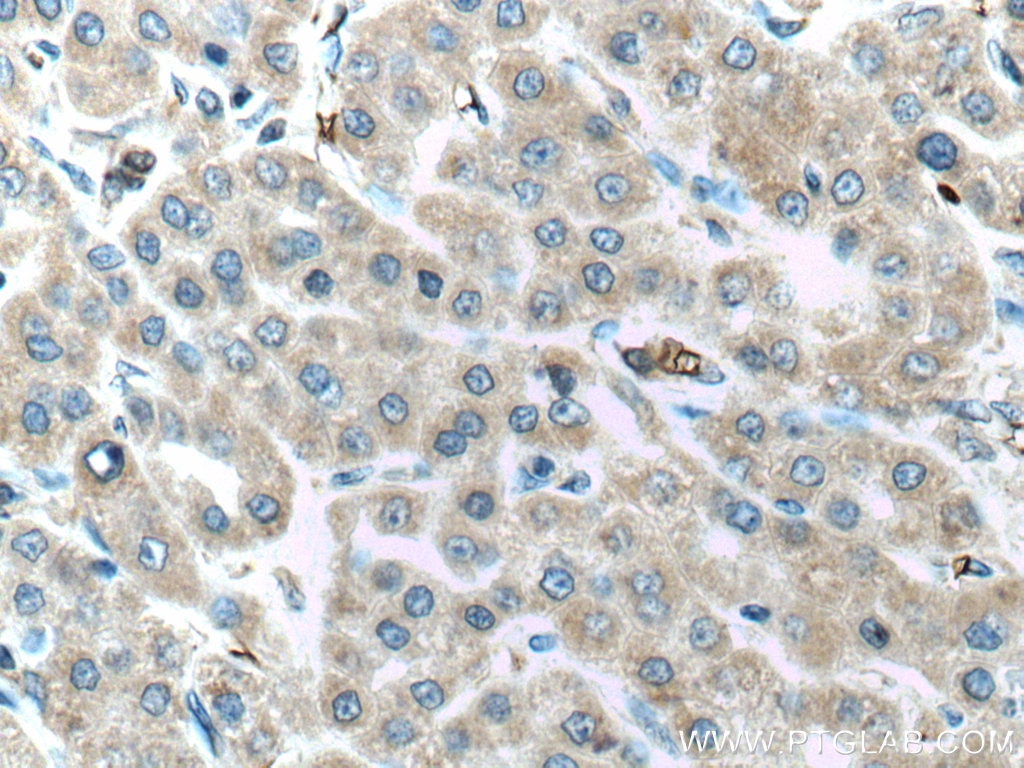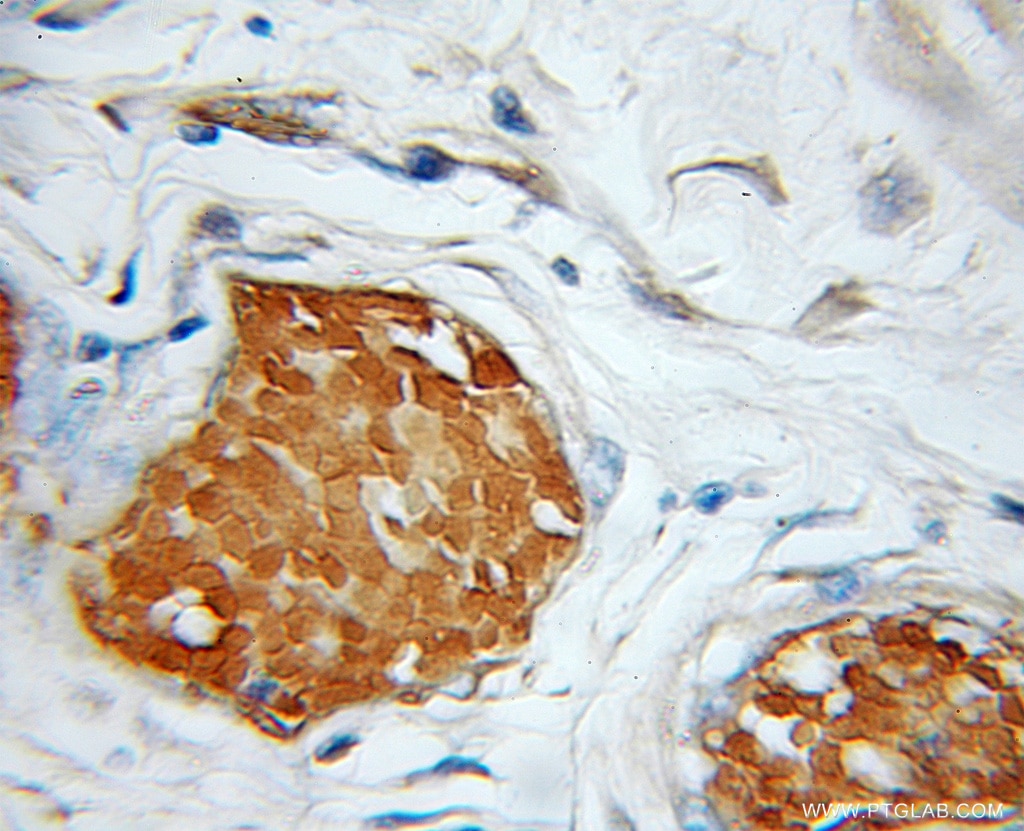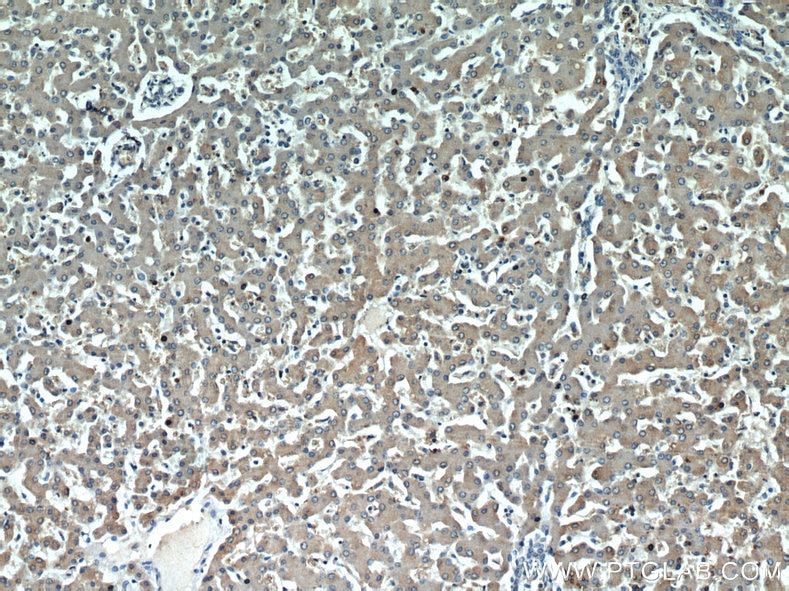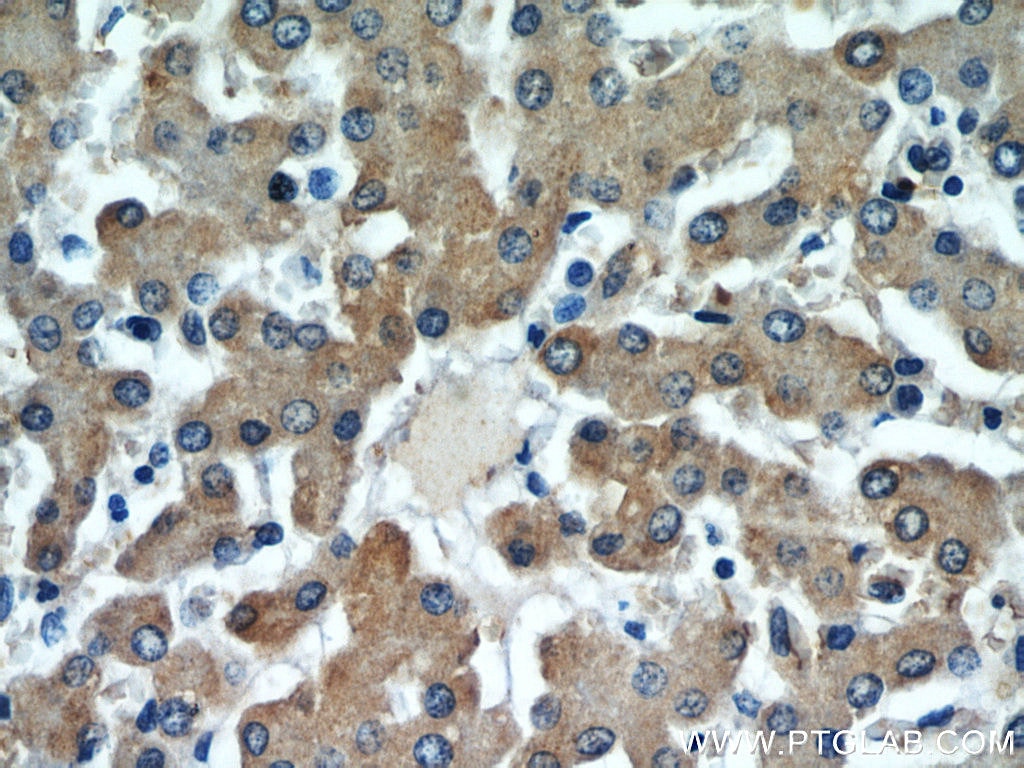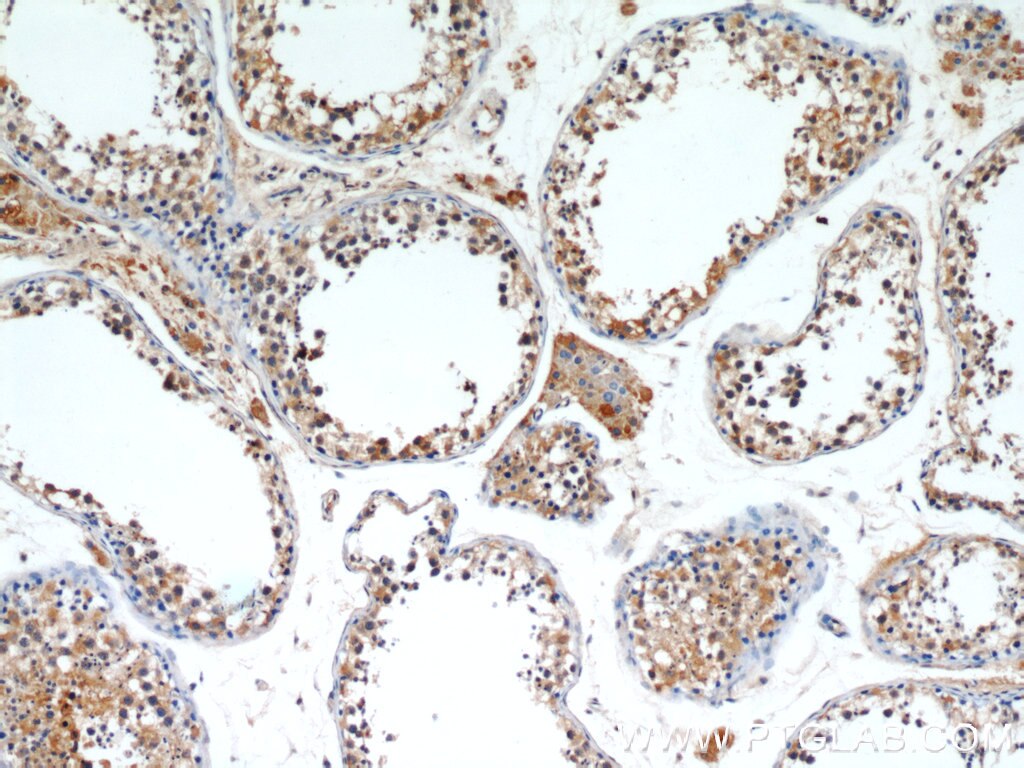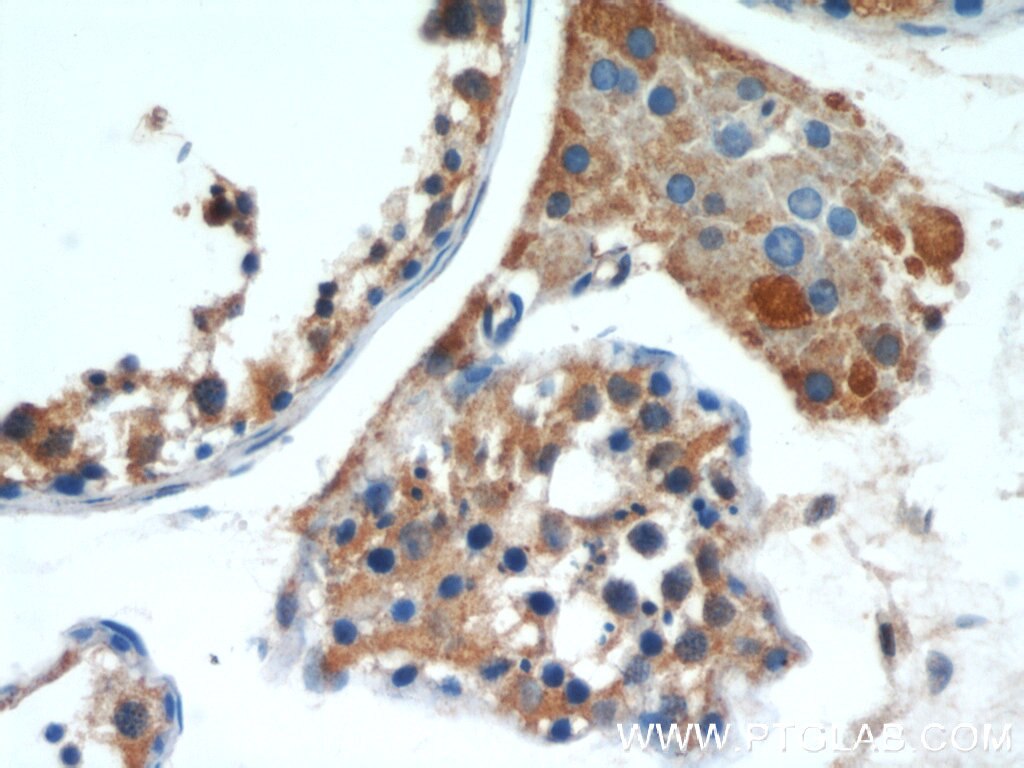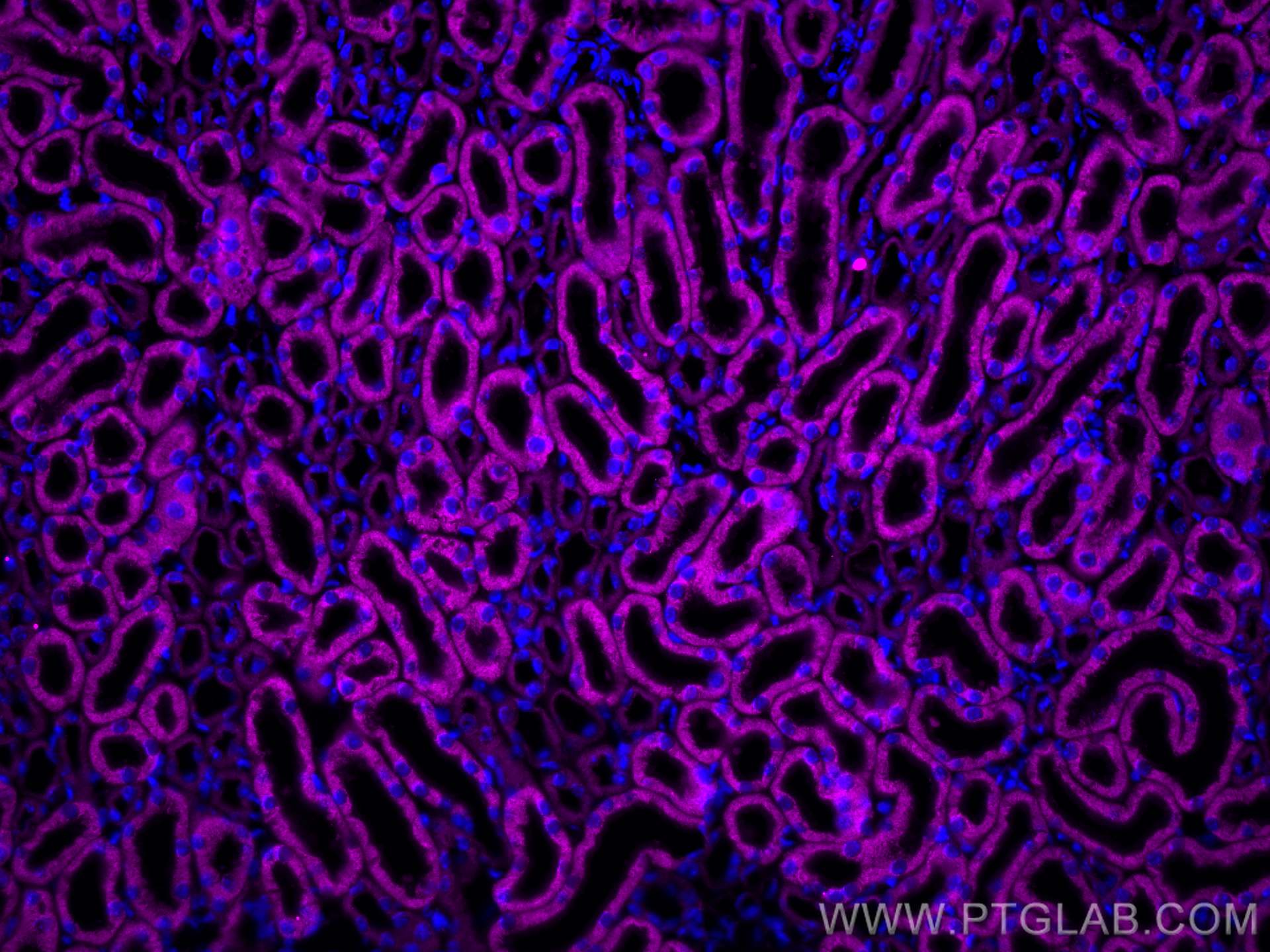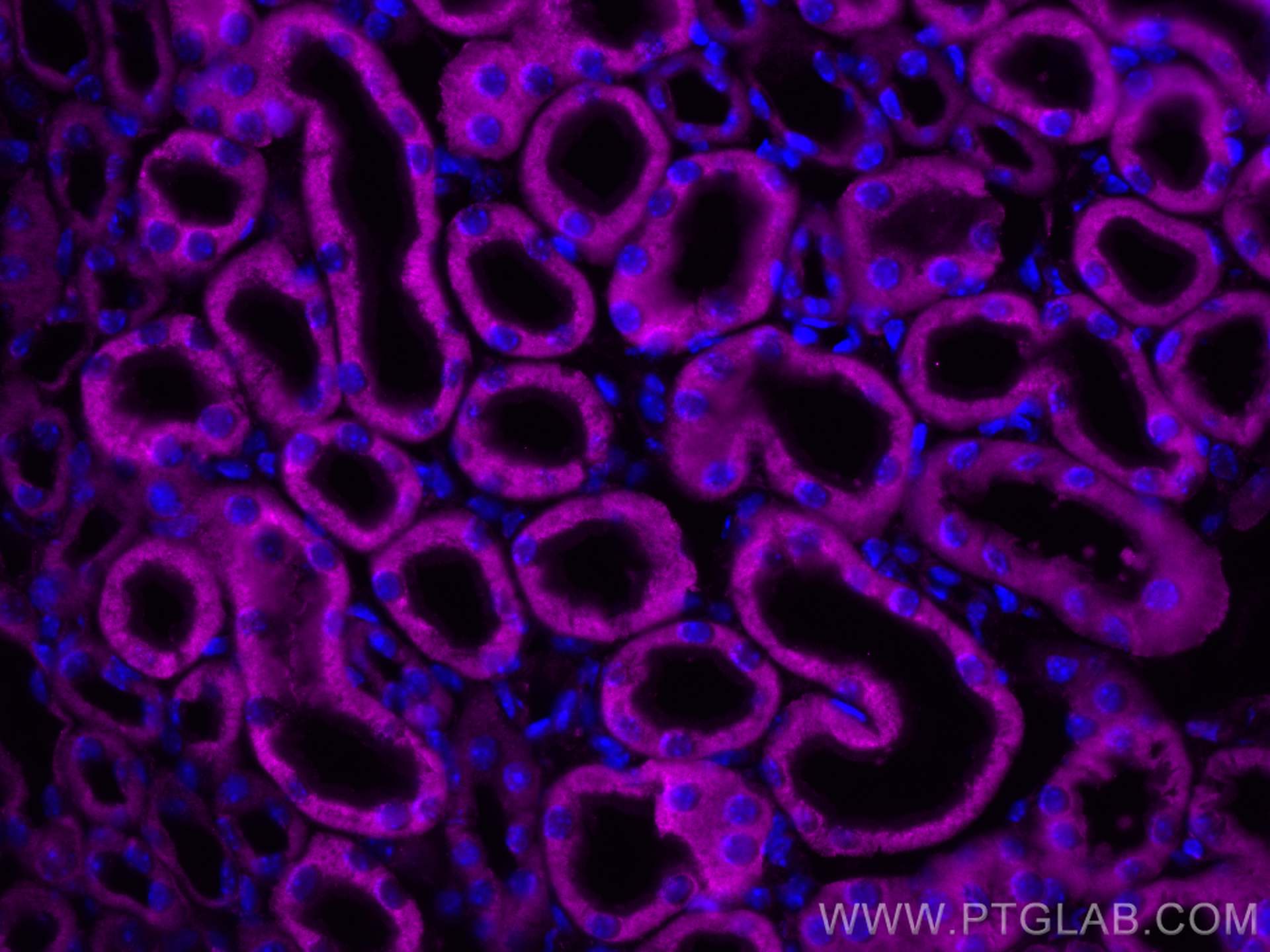Validation Data Gallery
Tested Applications
| Positive WB detected in | mouse liver tissue, A431 cells, A375 cells, rat liver tissue, HepG2 cells |
| Positive IP detected in | mouse liver tissue |
| Positive IHC detected in | human liver cancer tissue, human liver tissue, human testis tissue, human colon cancer tissue Note: suggested antigen retrieval with TE buffer pH 9.0; (*) Alternatively, antigen retrieval may be performed with citrate buffer pH 6.0 |
| Positive IF-P detected in | mouse kidney tissue |
Recommended dilution
| Application | Dilution |
|---|---|
| Western Blot (WB) | WB : 1:1000-1:8000 |
| Immunoprecipitation (IP) | IP : 0.5-4.0 ug for 1.0-3.0 mg of total protein lysate |
| Immunohistochemistry (IHC) | IHC : 1:50-1:500 |
| Immunofluorescence (IF)-P | IF-P : 1:50-1:500 |
| It is recommended that this reagent should be titrated in each testing system to obtain optimal results. | |
| Sample-dependent, Check data in validation data gallery. | |
Published Applications
| KD/KO | See 8 publications below |
| WB | See 24 publications below |
| IHC | See 3 publications below |
| IF | See 9 publications below |
| IP | See 1 publications below |
| FC | See 1 publications below |
Product Information
11293-1-AP targets ALR in WB, IHC, IF-P, IP, ELISA applications and shows reactivity with human, mouse, rat samples.
| Tested Reactivity | human, mouse, rat |
| Cited Reactivity | human, mouse, rat |
| Host / Isotype | Rabbit / IgG |
| Class | Polyclonal |
| Type | Antibody |
| Immunogen | ALR fusion protein Ag1840 相同性解析による交差性が予測される生物種 |
| Full Name | growth factor, augmenter of liver regeneration |
| Calculated molecular weight | 15 kDa, 23 kDa |
| Observed molecular weight | 23-25 kDa |
| GenBank accession number | BC028348 |
| Gene Symbol | GFER |
| Gene ID (NCBI) | 2671 |
| RRID | AB_2109970 |
| Conjugate | Unconjugated |
| Form | Liquid |
| Purification Method | Antigen affinity purification |
| UNIPROT ID | P55789 |
| Storage Buffer | PBS with 0.02% sodium azide and 50% glycerol , pH 7.3 |
| Storage Conditions | Store at -20°C. Stable for one year after shipment. Aliquoting is unnecessary for -20oC storage. |
Background Information
GFER (FAD-linked sulfhydryl oxidase) is also named as ALR, HERV1, HPO. It plays an important role in the disulfide relay system (DRS) in human mitochondria. The GFER gene codes for 2 distinct isoforms that are probably synthesized from the same mRNA with the use of different initiation codons. The long isoform (205 amino acids, 23/21 kD) is located mainly in the mitochondrial intermembrane space and exists under nonreducing and nondenaturing conditions as a homodimer and a heterodimer. The shorter isoform (125 amino acids, 15 kD), which lacks 80 amino acids at its N terminus compared to the longer isoform, is present predominantly in the nucleus (PMID: 19409522, 24880092, 21152698).
Protocols
| Product Specific Protocols | |
|---|---|
| WB protocol for ALR antibody 11293-1-AP | Download protocol |
| IHC protocol for ALR antibody 11293-1-AP | Download protocol |
| IF protocol for ALR antibody 11293-1-AP | Download protocol |
| IP protocol for ALR antibody 11293-1-AP | Download protocol |
| Standard Protocols | |
|---|---|
| Click here to view our Standard Protocols |
Publications
| Species | Application | Title |
|---|---|---|
Cell Stem Cell Disrupting Mitochondrial Copper Distribution Inhibits Leukemic Stem Cell Self-Renewal.
| ||
Hepatology Hepatic stimulator substance resists hepatic ischemia/reperfusion injury by regulating Drp1 translocation and activation.
| ||
Am J Hum Genet The mitochondrial disulfide relay system protein GFER is mutated in autosomal-recessive myopathy with cataract and combined respiratory-chain deficiency. | ||
Elife Augmenter of liver regeneration regulates cellular iron homeostasis by modulating mitochondrial transport of ATP-binding cassette B8.
| ||
FASEB J Augmenter of liver regeneration protein deficiency promotes hepatic steatosis by inducing oxidative stress and microRNA-540 expression.
|
